Fengrunda builds a cost-effective monitoring network for Dezhou China Energy Conservation Base

In the 21st century, solar energy will become one of the main energy sources in the world and the most primitive energy source. Almost all other energy sources on the earth come directly or indirectly from solar energy. Solar energy is the energy generated by the continuous nuclear fusion reaction process of sunspots inside or on the sun’s surface. Solar energy has the advantages of sufficient resources, long life, wide distribution, safety, cleanness, and reliable technology. Since solar energy can be converted into many other forms of energy, it has a wide range of applications. In terms of heat utilization, there are solar greenhouses, drying and solar cookers, solar water heaters, etc. After years of development, solar power generation has also made great progress.
CECEP Solar Energy Co., Ltd. is a holding subsidiary of China Energy Conservation and Environmental Protection Group Corporation. China Energy Conservation and Environmental Protection Corporation is the only central enterprise in China whose main businesses are energy conservation, emission reduction and environmental protection. CECEP Solar Energy Co., Ltd. is China’s largest solar energy investment operator and the first domestic listed company with solar power generation as its main business.
CECEP Dezhou Solar Power Generation Base is located in Dezhou City, Shandong Province. It is one of the company’s major solar power generation bases across the country. The base area is vast. In order to better carry out work and improve the management level and personnel deployment efficiency of the entire base, design and construction are required. A stable wireless monitoring system. Shenzhen Fengrunda Technology Co., Ltd. provides products and technical solution support for the construction of wireless monitoring systems for the base.
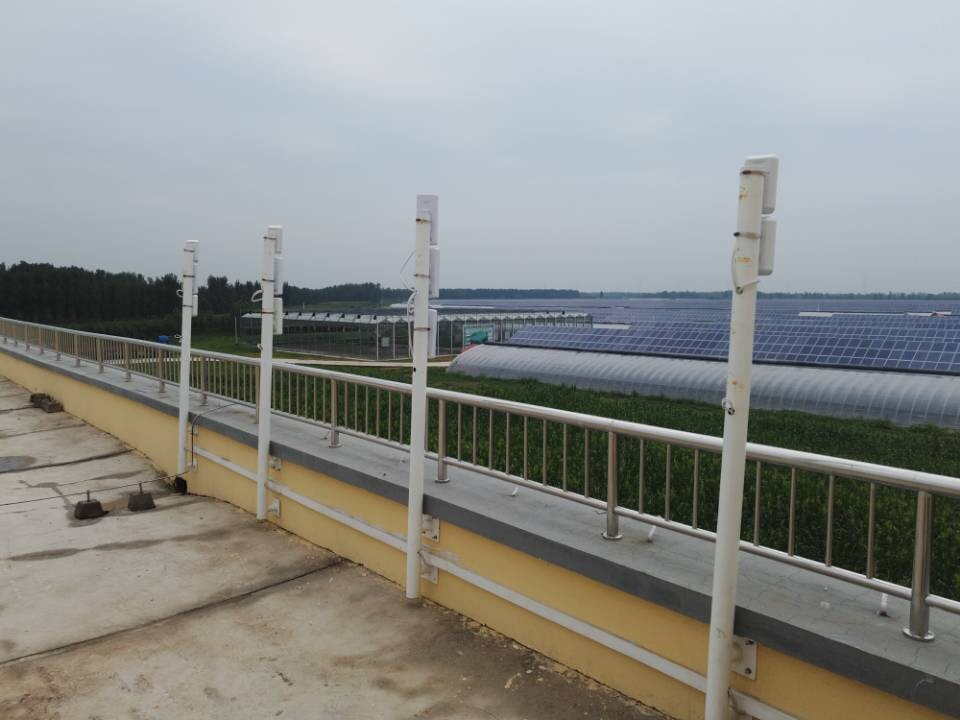
1. Project requirements:
aIn order to build a wireless monitoring system with clear pictures, high early warning, strong controllability, and convenient for timely command and dispatch, the following requirements must be met:
b Ensure that the network is connected to monitoring points distributed in various areas to conduct real-time monitoring of various areas within and around the base;
c Effectively avoid co-channel or other interference sources to ensure that the transmission picture is clearly visible;
d . It facilitates wiring and installation, shortens the project construction period as much as possible, and improves safety warning;
e effectively resists outdoor bad weather and ensures stable and smooth network transmission;
f facilitates later expansion, maintenance and management of the system .
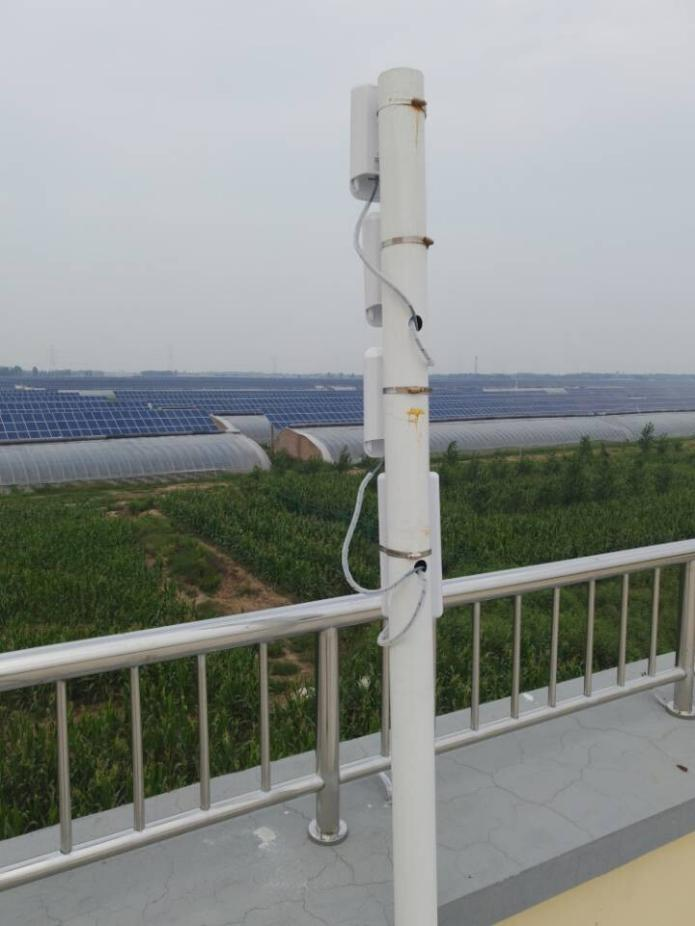
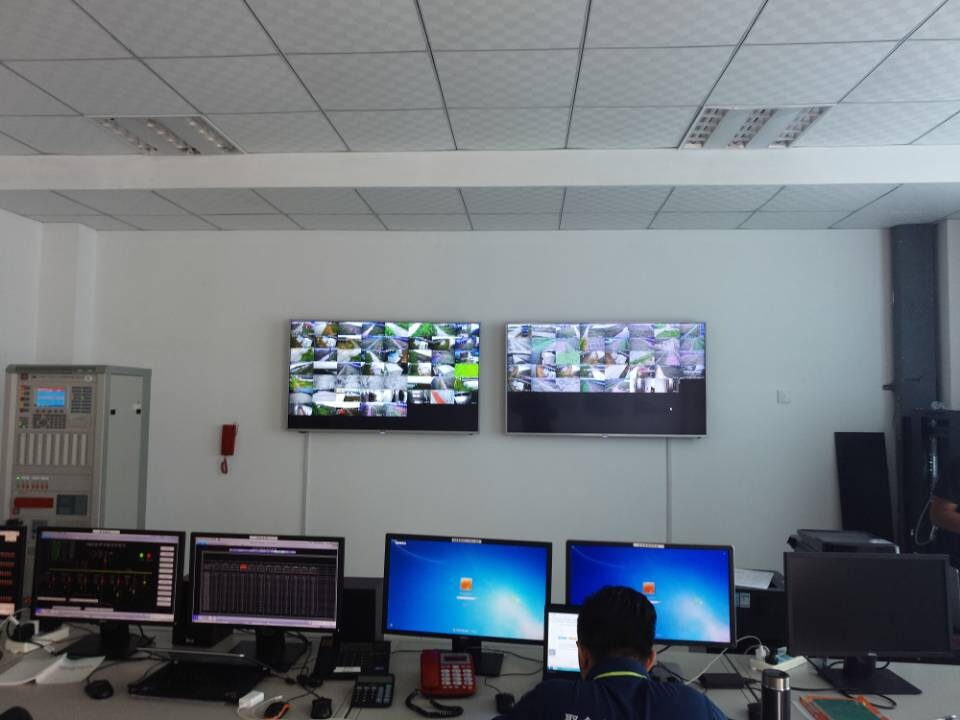
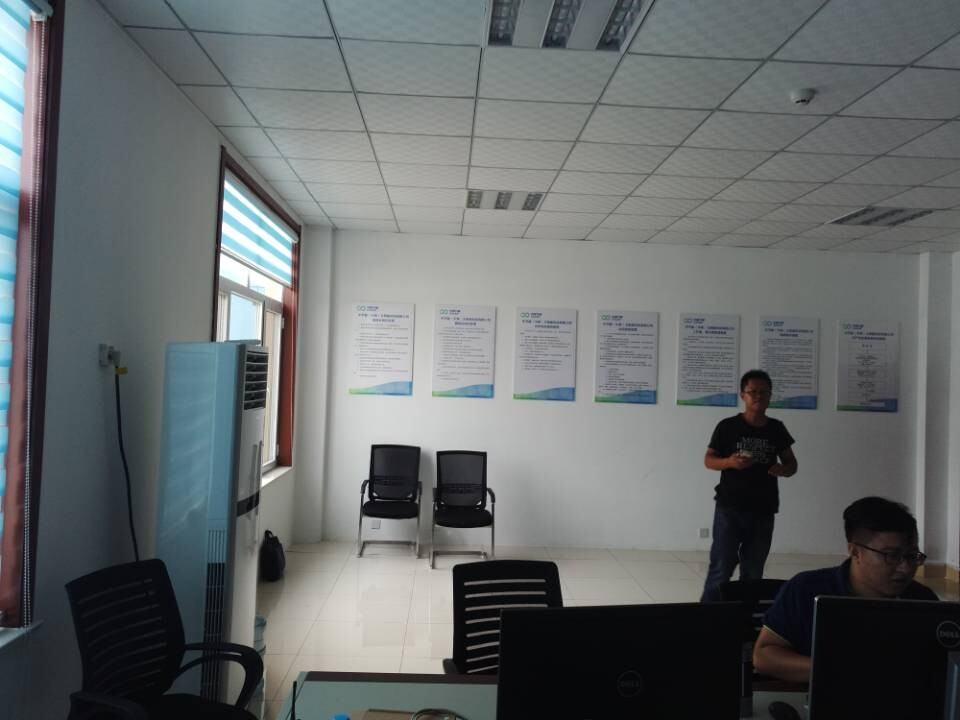
According to the actual environment of the base and the technical requirements of the plan, and to ensure economical benefits, convenient construction, and beautiful appearance, it was decided to adopt a wireless video surveillance system.
In this project, Fengrunda mainly serves as the transmission equipment provider for the wireless monitoring system, providing high-quality and high-performance wireless bridge equipment to ensure the smooth construction of the wireless monitoring system.
2. Scheme design
According to customer needs, to ensure clear monitoring images and stable transmission, Fengrunda decided to use RD-W353CPE, RD-W355CPE and RD-S400CPE outdoor wireless bridges as the transmission backbone equipment in the wireless transmission network. The bridge is waterproof, sunproof, and lightning-proof, and has built-in modules, eliminating the need for cumbersome power wiring. And use NS2024G full Gigabit switch as the transmission device.
According to the monitoring scope and distribution of monitoring points, Fengrunda wireless bridge CPE is installed in various areas around the power generation base. In a one-to-one or one-to-many manner, one receives the video signal from the surveillance camera, and the other The station sends video signals to the monitoring center.
Managers can monitor the situation inside and around the base in real time through the display screen of the monitoring center to ensure safe and orderly management of the base, detect suspicious personnel in a timely manner and prevent emergencies.
3. Scheme diagram:
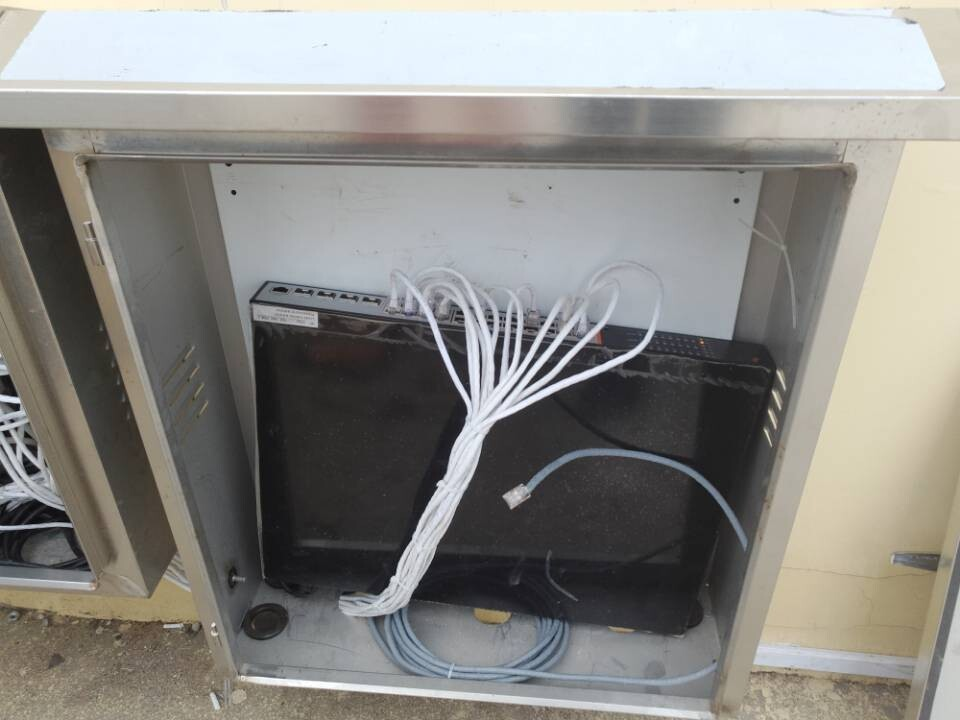
Equipment installation on site
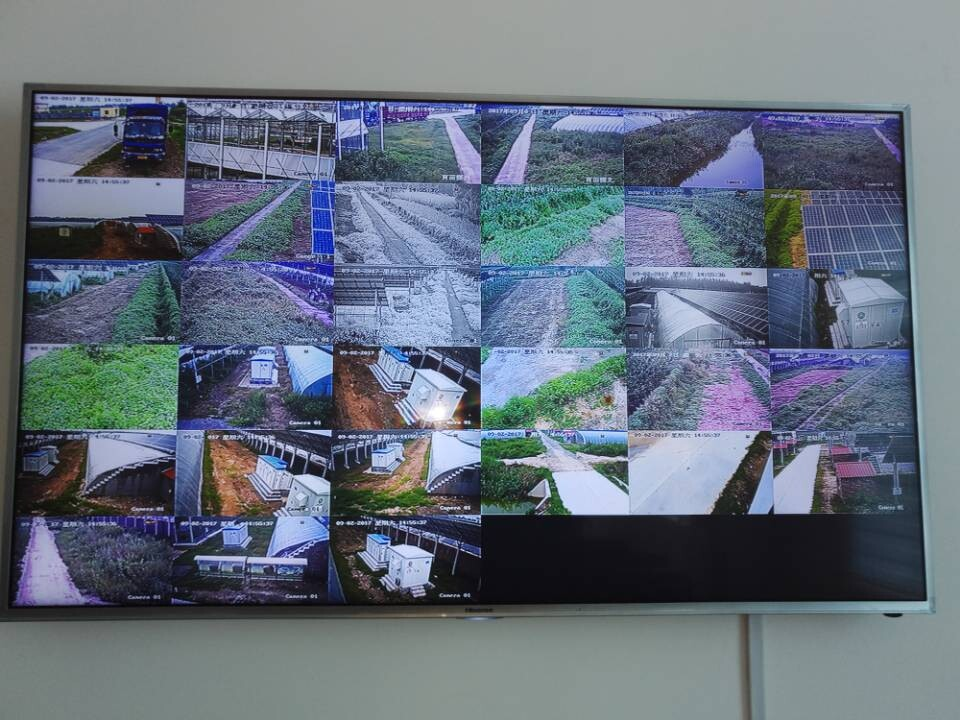
Construction workers need to install surveillance cameras and transmitter wireless bridges at the front end, then install the receiver wireless bridge at the backend monitoring center, connect the NVR and monitors, and complete the hardware installation of the entire system.
The installation of the entire system is very simple, saving a lot of manpower, material resources and time costs. The control of each channel of image scheduling in the back-end monitoring room is very simple, which is conducive to optimized management.
During the installation, attention needs to be paid to determining the location of the monitoring center so that there is no major obstruction between the transmitter and the receiver. After the installation is completed, a valid IP address needs to be configured and calibrated and debugged.
4. Features of the plan
The design of the entire transmission scheme and the selected wireless bridge equipment are convenient, beautiful, efficient, and consistent with the project environment and project needs.
This wireless transmission system is mature and highly scalable, and can be implemented by simply adding front-end equipment, transmitter and receiver bridges.
Through the construction of the wireless monitoring system, the top priority of the CECEP Solar Power Generation Base was successfully solved and facilitated later management.





